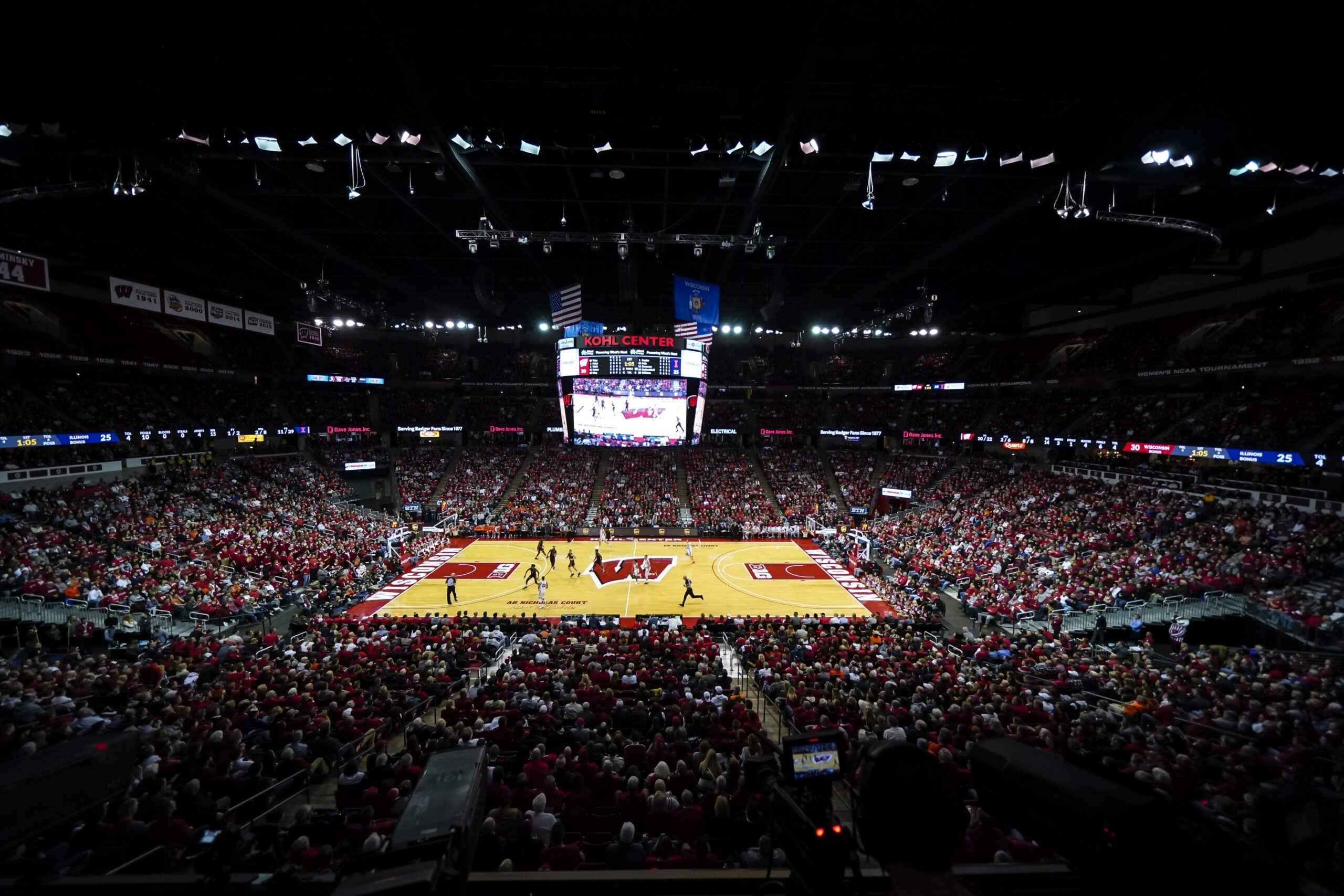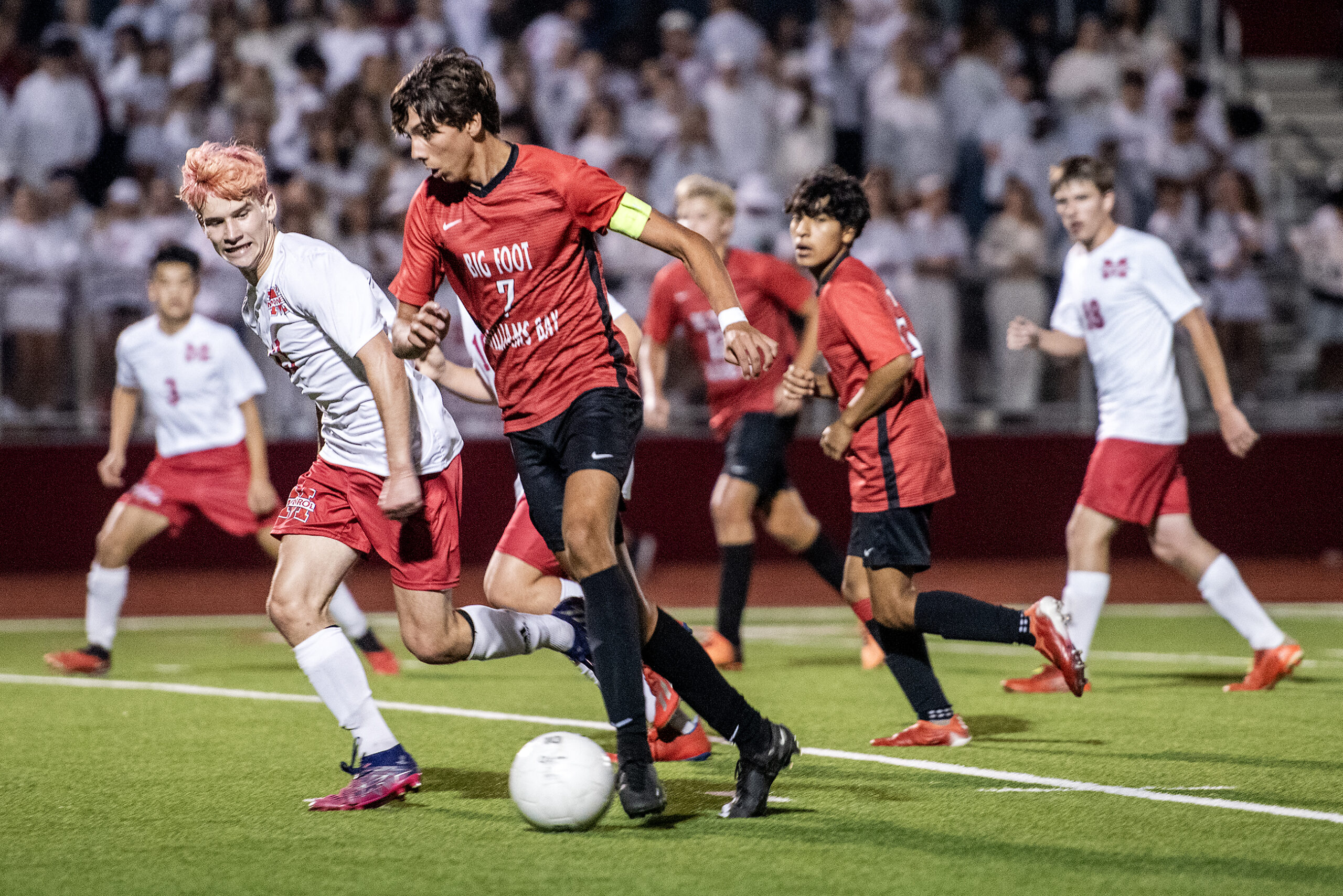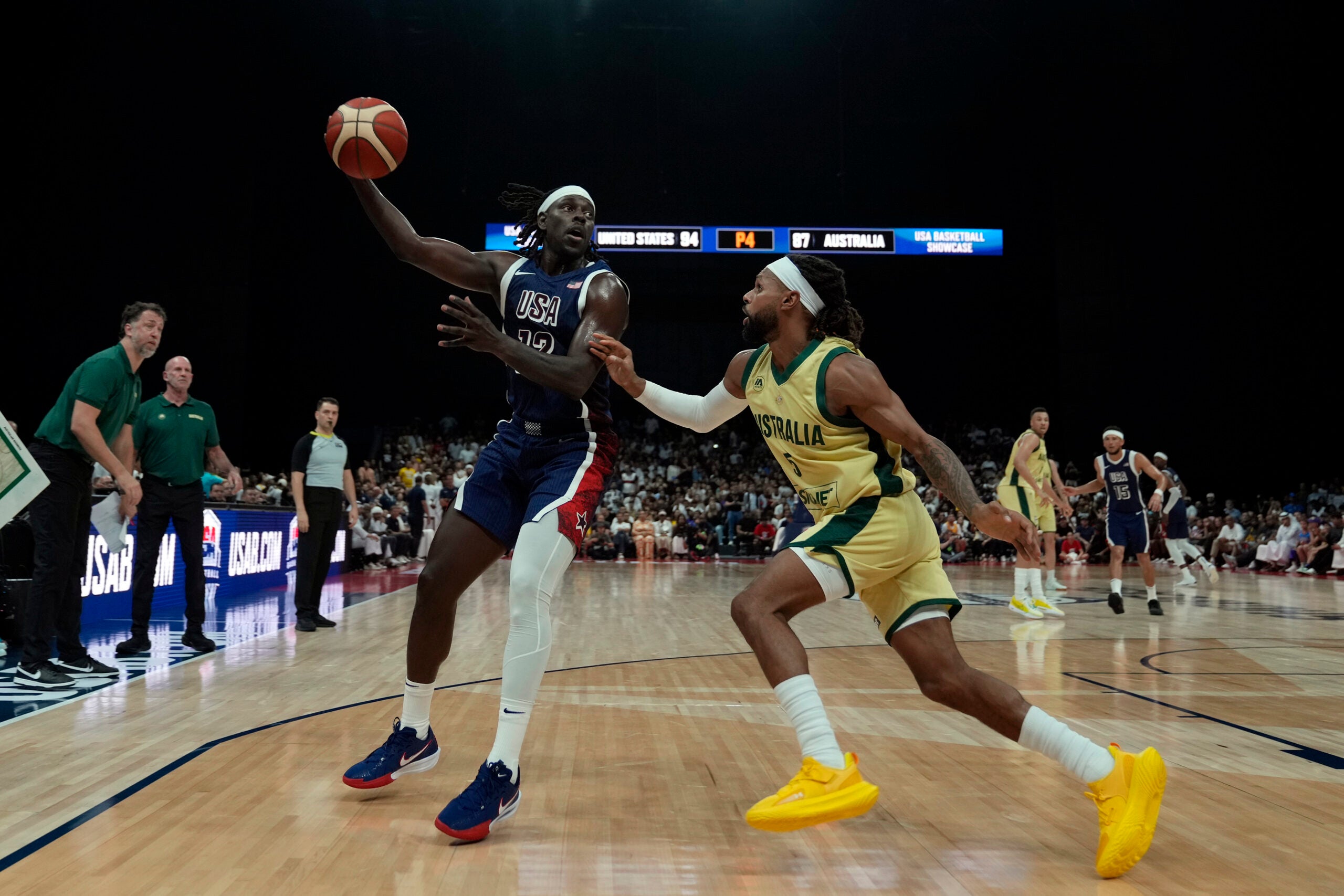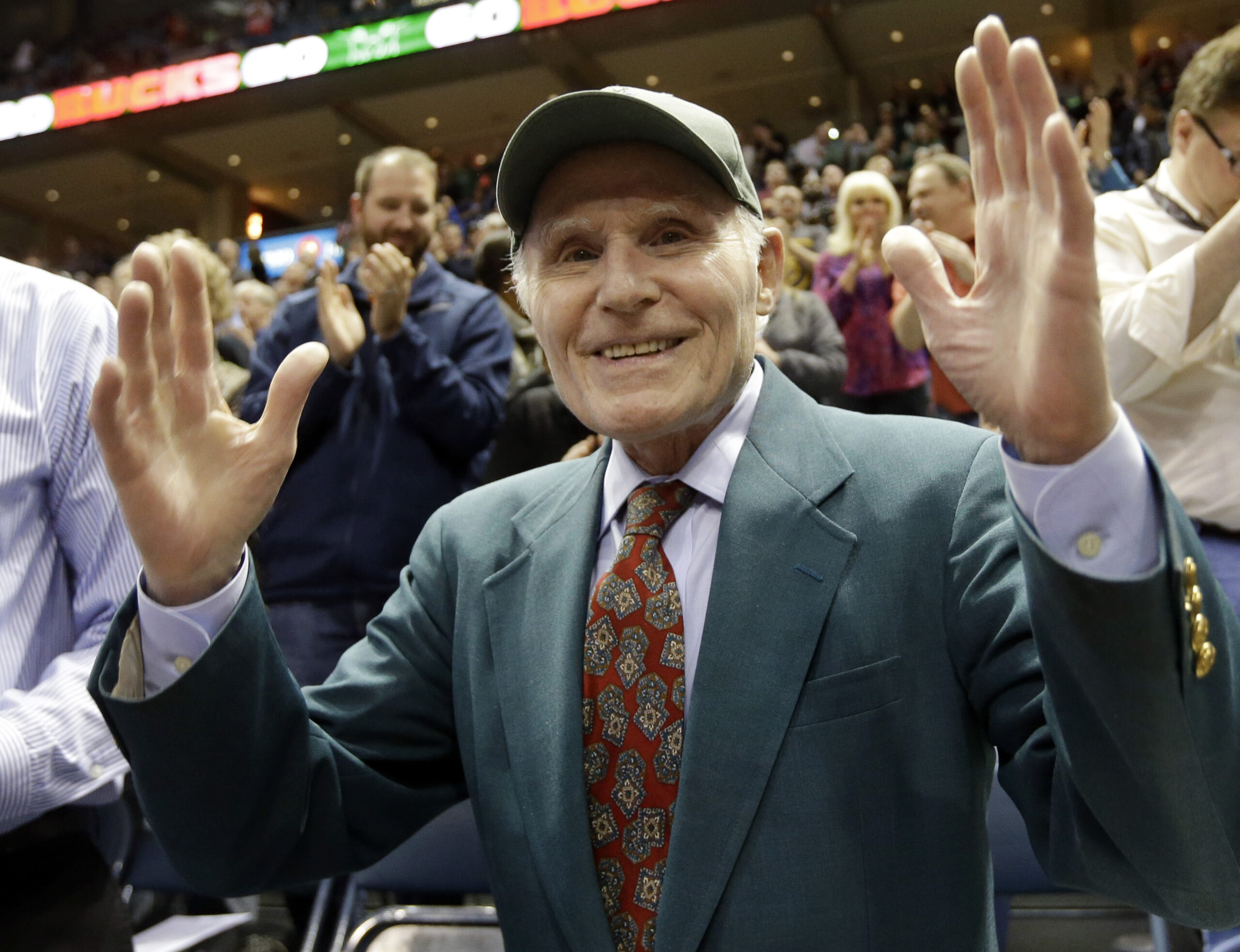When the Wisconsin Badgers beat the Indiana Hoosiers in Bloomington to close out the regular season and clinch a share of the Big Ten men’s basketball championship, it looked like the team was ready for an exciting postseason run.
Instead, it ended up being the final game of the season for the Badgers after live sports were put on hold due to the coronavirus pandemic.
But before the Big Ten announced the cancelation of its 2020 men’s basketball tournament, a group of doctors, researchers and public health experts from the conference’s member institutions were already at work coordinating the Big Ten’s response to the new virus.
News with a little more humanity
WPR’s “Wisconsin Today” newsletter keeps you connected to the state you love without feeling overwhelmed. No paywall. No agenda. No corporate filter.
The conference created its first-ever Task Force for Emerging Infectious Diseases on March 7. The group, which includes a representative from each of the conference’s 14 member schools, meets weekly with Big Ten Commissioner Kevin Warren. Dr. Ann Sheehy, a faculty member from the University of Wisconsin School of Medicine and Public Health, represents UW-Madison.
“The Big Ten really was quite proactive at the beginning of March to form this task force and really the idea was to leverage the expertise of the Big Ten members to provide counsel and medical advice,” said Dr. Chris Kratochvil, chair of the task force.
The group’s goal is to help the conference sort through all the information coming out of organizations like the Centers for Disease Control and Prevention, the U.S. Food and Drug Administration, the NCAA and Big Ten member schools, Kratochvil said.
The task force includes members from diverse backgrounds. Kratochvil is executive director of the Global Center for Health Security at the University of Nebraska Medical Center. Team doctors, medical school faculty and regulatory experts are also represented, according to a news release from the Big Ten.
“The idea is that by bringing all these people together, we can get a very broad perspective,” Kratochvil said.
The group isn’t a decision-making body, though it did weigh in before the Big Ten announced the abrupt end of basketball season, Kratochvil said. And the task force has a lot to consider before it’ll offer up any recommendations on when live sports can return.
“It’s first how do we get the students back, how do we get the student-athletes starting to work out again and then what does practice look like?” he said. “It really is going to be a process.”
Many Big Ten universities are researching vaccines or pharmaceutical treatments for COVID-19, but the return of college athletics is more likely to come down to how effectively we’re able to implement good public health practices, Kratochvil said. These include hand-washing, social distancing and wearing masks.
“Those foundational public health measures are what really makes a difference,” he said.
UW-Madison is expected to determine in July whether its campus will be open for in-person classes this fall.
The university’s athletic department is projecting a revenue decline of about $4 million due to the coronavirus pandemic. According to the Wisconsin State Journal, the department is well-prepared to weather coronavirus-related losses, athletic director Barry Alvarez told the athletic board last week.
Wisconsin Public Radio, © Copyright 2026, Board of Regents of the University of Wisconsin System and Wisconsin Educational Communications Board.






